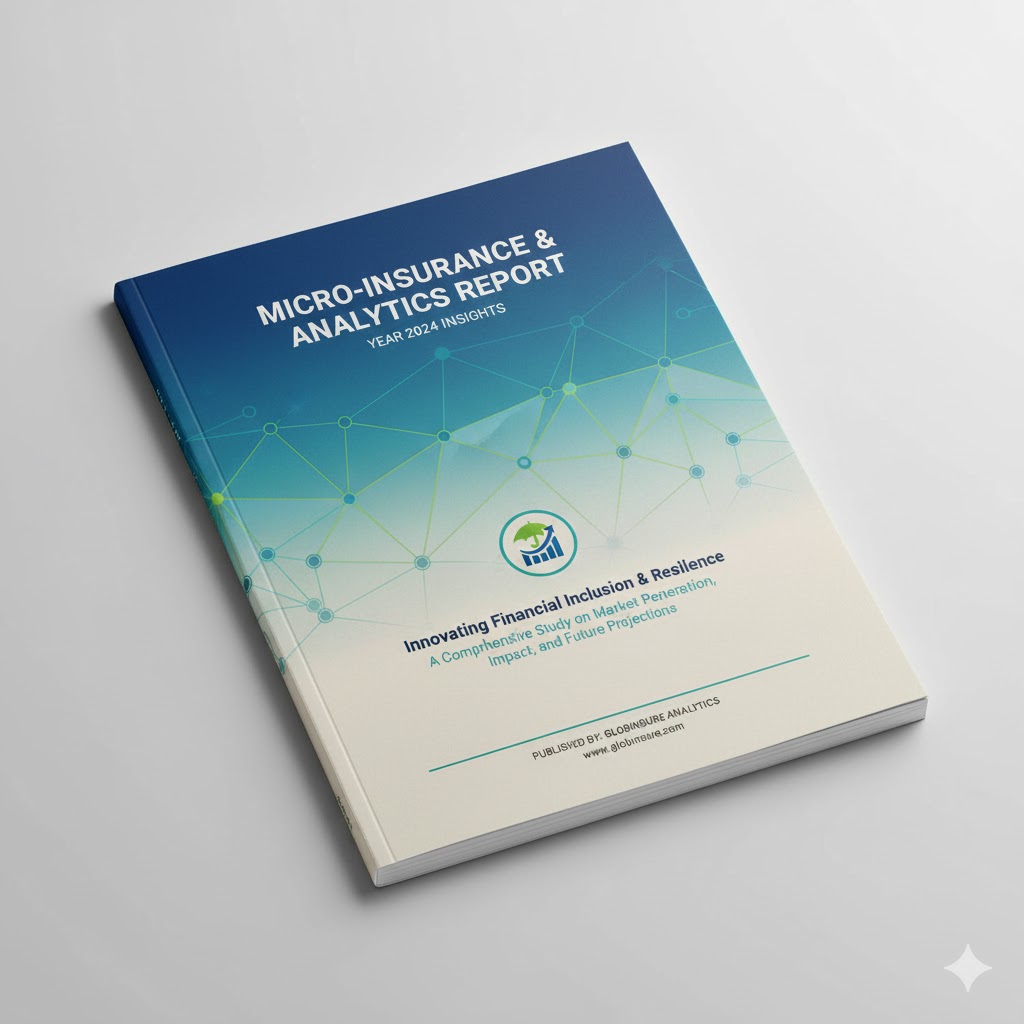Displaying 1 - 14 of 14

AXA MANSARD, NIGERIA – The case for insuring women for a better tomorrow
AXA Mansard, one of Nigeria's largest insurance providers, launched a focused strategy in 2016 to serve women in the retail insurance space. This initiative emerged from detailed market research identifying the unique needs of Nigerian women. AXA tailored products specifically for this segment and forged partnerships with women-led organizations to build trust and raise awareness about insurance. The case highlights practical lessons from product innovation, inclusive marketing, and collaboration as a pathway to greater gender equity in insurance.

Bringing Health Microinsurance to Kenyans via Mobile Phone
Kenya-based pilot that bundled hospital cash, digital loans, and mobile health tools to increase access and affordability. MicroEnsure piloted Fearless Health by combining hospital cash benefits with mobile-enabled digital health loans to support underserved Kenyan populations.
Date Issued
2018
Topics
Products
Region

Case Brief: Field Accident Insurance - PROFIN Foundation
Since 2018, Bolivia's PROFIN Foundation has offered a unique sport accident insurance for amateur football players with no medical coverage. The product is distributed through sports associations and covers players' injuries during official matches. Today it protects over 9,000 players, and has prompted other insurers in Bolivia to develop similar offerings.
Date Issued
2020
Topics
Products

Case brief:TUNAJALI
Case brief: TUNAJALI. "Tunajali" — meaning "we care about you" — is an inclusive e-commerce insurance initiative developed to serve low-income customers across Latin America and the Caribbean (LAC). The program leverages digital platforms to provide accessible health insurance, with a focus on simplifying enrollment and claims processes. It demonstrates how tech-enabled delivery models can overcome traditional barriers and scale protection for vulnerable populations.

COVID-19 and the Insurance Industry: Why a Gender-Sensitive Response Matters
COVID-19 and the Insurance Industry: Why a Gender-Sensitive Response Matters. This guidance note explores how the COVID-19 pandemic affected the gender gap in insurance access and services. It identifies four key areas where applying a gender lens can improve customer-centricity: operational practices, brand communication, product innovation, and new distribution channels. With practical insights from IFC's Women's Insurance Program, the paper offers a roadmap for insurers to better serve women during and beyond crisis periods.
Date Issued
2020
Region

Empowering Women, Building Trust: A Case Study of a Women-Centric Insurance Solution in Nigeria
Describes FCMBeta Health, a women-focused micro health insurance product in Nigeria, bundled with micro-loans, offering hospital cash and maternity coverage. Over 90,000 enrolled by 2025.
Date Issued
2025
Topics
Region

GREEN DELTA, BANGLADESH – The case for insuring women for a better tomorrow
The case for insuring women for a better tomorrow. Green Delta Insurance Company (GDIC), a private non-life insurer in Bangladesh, partnered with IFC and others to design targeted insurance solutions for women. This note explores why women represent a key growth segment, how GDIC tailored its approach for Bangladeshi women, and the lessons learned from implementing this gender-inclusive strategy in the local market.
Date Issued
2020
Products
Region

How Chhaya is Building an End-to-End Digital Microinsurance Platform in Bangladesh
Bangladeshi insurtech Chhaya develops affordable digital health and life insurance distributed via mobile payments (bKash) with a subscription model.
Date Issued
2025
Topics
Region

Making a profitable inclusive insurance business: a case study of Britam, Kenya
In 2007, Britam, a Kenyan financial group, launched its first microinsurance product for low-income customers. Over 11 years, Britam built a profitable microinsurance business unit covering more than 700,000 lives by 2017. This case study distills key lessons from Britam's journey to guide other insurers in serving traditionally excluded markets.
Date Issued
2019
Topics
Products
Region

Making Access to Insurance Happen for People with Disabilities and Small Businesses and Micro-entrepreneurs
WFP piloted an inclusive weather-index insurance scheme for ~4,800 people in El Salvador, targeting women entrepreneurs and people with disabilities. The product enabled fast payouts during climate shocks and removed traditional credit-based enrollment barriers.

Rashtriya Swasthya Bima Yojana (RSBY) – India
India's national public health insurance scheme for the poor, offering smart card–enabled, cashless hospitalization to over 37 million low-income families. This flagship initiative aims to enhance access to healthcare and financial protection for the most vulnerable populations across the country.
Date Issued
2015
Topics

Social Finance Brief: Pacífico Seguros
Social Finance Brief on Pacífico Seguros in Peru, outlining their experience in delivering non-life (property) insurance solutions. The brief explores product innovation, operational models, and lessons learned through collaboration with ILO Impact Insurance and MiM, focused on strengthening financial resilience through non-agricultural property coverage.

The impact of the health microinsurance M-FUND on the utilization of health services among migrant workers and their dependents in Thailand: A case-control study
A 2024 case-control study evaluating M-FUND, a microinsurance scheme for migrant workers in Thailand, showing increased health service usage among insured populations.
Date Issued
2023
Topics
Products
Region

Towards universal health coverage in Vietnam: a mixed-method case study of enrolling people with tuberculosis into social health insurance
Vietnam piloted enrolling TB patients into social health insurance to advance universal health coverage. While 76.5% were successfully insured, barriers like paperwork, delays, and costs left many uncovered. The study highlights the need for more flexible and patient-friendly enrollment systems.
Date Issued
2024
Topics
Products
